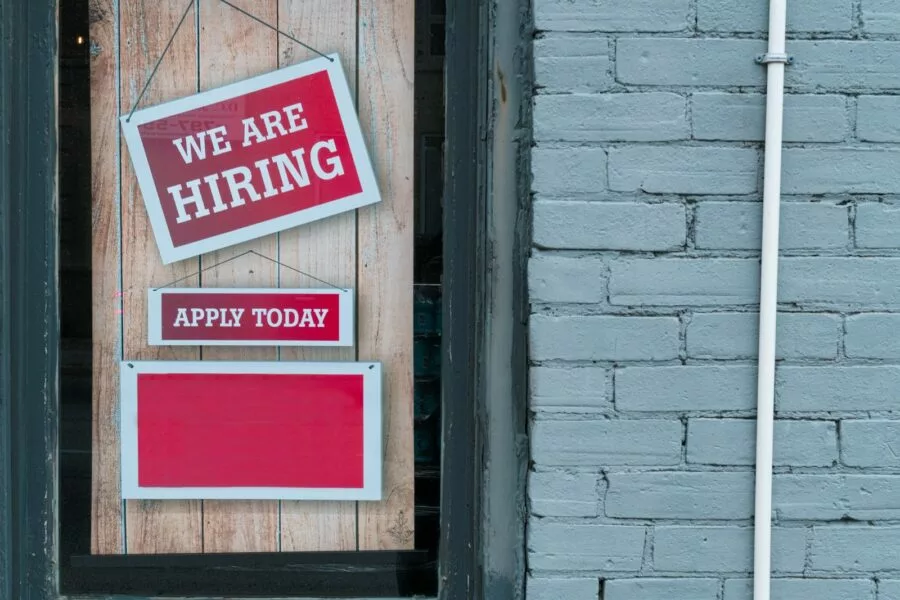
A recent study by LinkedIn reveals that while 61 percent of UK professionals plan to seek new jobs in 2025, 79 percent of HR professionals report increased difficulty in finding qualified candidates – with many job applications failing to meet listed requirements.
Job seekers are facing their own challenges, with 41 percent report applying to more jobs than ever before but receiving fewer responses. The survey also found that 42 percent of HR professionals believe less than half of the applications they receive meet all the criteria for the roles advertised, and that nearly a quarter of HR professionals spend between three to five hours daily reviewing applications.
Skills Gap and Changing Requirements
The disconnect between job seekers and employers is partially attributed to evolving skills requirements. LinkedIn data indicates that 55 percent of roles featured on the UK’s “Jobs on the Rise” list did not exist 25 years ago. Positions such as AI Engineer, Environmental Officer, Energy Manager, and AI Researcher are among the fastest-growing roles in the country.
Demand for AI talent has surged globally, with hiring in this area increasing by more than 300 percent over the past eight years, according to LinkedIn’s Work Change Report. These rapid developments in technology are driving innovation – but are also creating challenges in hiring.
By 2030, the skills needed for jobs are expected to change by 70 percent, with the adoption of AI accelerating this shift. Nearly two-thirds of HR professionals report a mismatch between the skills possessed by job seekers and those needed by their organisations. Finding candidates with the right technical and soft skills remains a top concern, cited by 49 percent and 42 percent of HR professionals, respectively.
Janine Chamberlin, Head of LinkedIn UK, said, “With work and hiring changing so rapidly – the skills needed for jobs are expected to change 70 percent by 2030 – businesses must find a way to bridge any gaps within their organisations. This is actually a very exciting opportunity for both job seekers and leaders to think differently about skills and stay competitive. Skills-based hiring will be crucial for companies looking to stay ahead.”
Technology and Upskilling
UK HR professionals are turning to advanced hiring tools to meet these challenges. According to LinkedIn’s findings, 45 percent identified AI-powered hiring technologies as their top priority for improving recruitment processes, with 67 percent agreeing that AI simplifies the task of finding qualified candidates.
Upskilling has also become a central focus for organisations. Nearly two-thirds of HR professionals report prioritising workforce development in areas such as AI (65%), sustainability (64%), and soft skills (68%).
James Milligan, Global Head of Technology, Engineering & Contracting, Hays, said, that anyone who does not embrace new technologies like AI will be “left behind”.
He added, “Look at the digitisation of work over the past years. If a business failed to digitise and was still using older methods, like filing cabinets and pen and paper, they are highly likely not to exist today. The same will be true of candidates and organisations who do not embrace AI. They will fall behind.
“The true impact will probably be felt after 2030, but the preparation needs to be made now. Those who embrace it will be winning later on, whilst those who ignore it, will likely be out of business in a few years’ time.”



